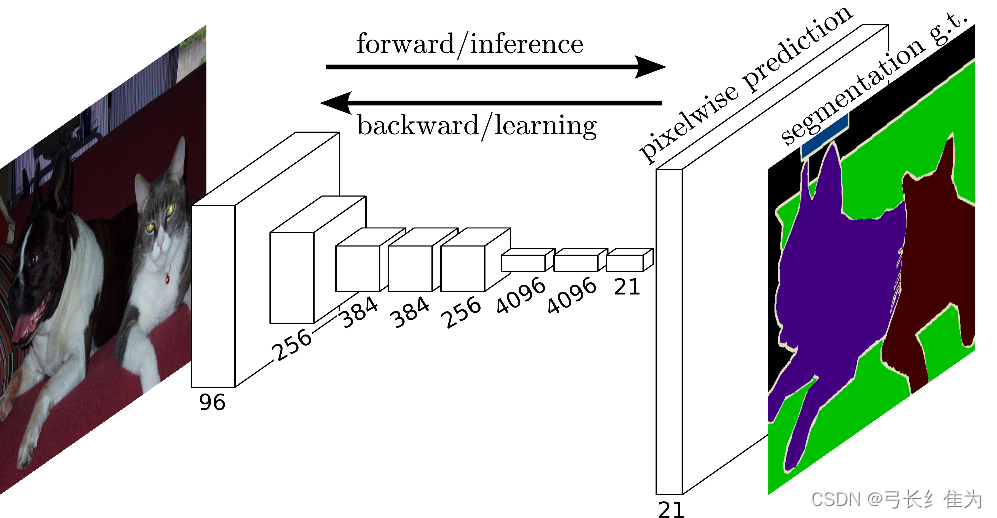Office Buzzwords You’re Using That Annoy All Your Co-workers
说话之道:避开办公室行话的“雷区”

Joining a new office means having to learn how to communicate with your team.But in order to do that well, it sometimes means having to learn your company’s go-to business jargon.
“There are many reasons people use jargon: to communicate effectively, to show off, for fun, for belonging, to befuddle, intimidate, or exclude, to legitimize themselves,” said Zachary Brown, an assistant professor who researches jargon at the Hong Kong University of Science and Technology.
“If an employee is in a workplace that uses lots of jargon, they probably have to learn it,” Brown said.
“It’s not bad to use some jargon at all; the trick is not using it excessively.It’s a bit of a Goldilocks problem: There is too much and too little, and you want the amount that is 'just right.'It’s different for each group, similar to clothing norms, hairstyle norms, etc.”
Career experts weighed in on the types of jargon they personally find most annoying, with advice on how to pick your terms and phrases thoughtfully.
1. Excessive acronyms can be difficult to parse.
Brown noted, “Acronyms are fine if everyone knows them and you know everyone knows them.But when acronyms extend to everything and you start using them with broader groups, it can quickly become infuriating.”
Brown said that acronyms can be profession-specific, and the problem happens when you assume your colleague knows what you’re saying.Maybe if you’re a business grad, you’ll know that DCF means “discounted cash flow,” but it will be completely baffling to a colleague outside of that field.
And maybe if you’re on the marketing team, you’ll know that WOM means “word of mouth,” but you may have to clarify for your engineering team.
Unlike lots of other jargon, he said, acronyms are a type of business buzzword that is hard for employees to deduce.
“I can usually intuit what jargon means for metaphors and other words/phrases, but if someone uses an acronym I don’t understand, it’s much more difficult,” he said.
2. Idioms that are hard to translate can exclude non-native speakers.
For Lawrese Brown, the founder of C-Track Training, a workplace education company, sayings such as “soup to nuts” and “nuts and bolts” are off-putting phrases that she said she hears from older generations.
“These are annoying and confusing because ‘soup to nuts’ is a meal metaphor that means beginning to end, and not only is that reference outdated, but it’s also irrelevant to how most people think of a ‘complete meal’ today,” Lawrese Brown said.
“Similarly with 'nuts and bolts.'This is a metaphor for building and focusing on the small pieces that bring a process together, but it’s more clear to say that instead.”
3.Sports-related jargon can not only be annoying but exclusionary, too.
Angela Karachristos, a career coach who has worked in human resources, said she finds herself most annoyed by sports-related jargon, like “punt it over,” “it’s a home run,” “who’s on the bench” and “over the finish line.”
She’s not alone in finding sports-related clichés to be excluding.In a blog post for Textio, an augmented writing platform that analyzes workplace communication, a company data analyst singled out sports-related jargon as a type of communication that hiring teams should be mindful of.
You likely won’t be able to go jargon-free, so here’s how to use it thoughtfully.
No matter where you sit on your company’s organizational chart, you will encounter jargon, but the power you hold will influence why you use it.
Zachary Brown, the researcher, said he expects that higher-status professionals will use more jargon than lower-status professionals on average.“This is precisely the reason why jargon is a status signal in the first place and why it gets manipulatively misused,” he said.
If you’re stuck in a company that is overrun with jargon, try to have it both ways: You can use it to fit into the company culture while over-explaining what you mean.
Brown suggested that people in cliché-filled office cultures communicate with both the jargon term and by rephrasing it in a less jargony way.
“It’s redundant and takes longer, but it gets them competence by demonstrating that they know the jargon term, and also the warmth and comprehension by their audience understanding them and not being so alienated by the specific terms they’re using,” he said.




![LeetCode[990]等式方程式的可满足性](https://img-blog.csdnimg.cn/img_convert/4824c9e643c94d0badf9160c454866a8.png)



![LeetCode[200]岛屿数量](https://img-blog.csdnimg.cn/img_convert/75f3b89e5c8442b8aaecf9bd66673039.png)










